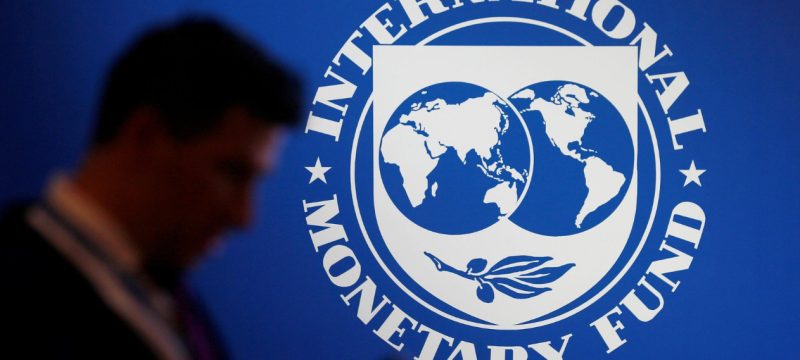The International Monetary Fund (IMF) has acknowledged significant risks in extending a $7 billion bailout package to Pakistan, highlighting concerns about the potential for the program to go off track. In a newly released staff report, the IMF stated that its decision to proceed with the loan posed reputational risks, particularly as Pakistan’s vulnerabilities related to high debt levels, gross financing needs, and low reserves remained critical. However, the IMF has assessed Pakistan’s debt as sustainable for now.
The report reveals that the IMF had to make difficult decisions regarding whether to provide financial assistance, given the substantial risks. These risks include the possibility of the program derailing, as well as the perception that the IMF may be treating Pakistan differently compared to other nations, potentially impacting its credibility. Despite these concerns, not offering support could have also led to accusations of unfair treatment, particularly given Pakistan’s coalition government’s expectations of financial assistance following a successful standby arrangement.
The IMF faces several challenges with Pakistan, including the country’s complex security situation and its economic vulnerabilities. The Fund has flagged the high risks associated with Pakistan’s public debt, financing needs, and socio-political factors that could undermine the implementation of policies and threaten debt sustainability.
Read More: IMF Distances Itself from Pakistan’s $600M Loan Deal
Furthermore, Pakistan’s foreign direct investment (FDI) projections remain modest, with an expected $1.3 billion for the current fiscal year, which equates to just 0.3% of the gross domestic product (GDP). This is a relatively low figure compared to the goals of the Special Investment Facilitation Council (SIFC), which aims to boost FDI.
The IMF also cited risks to its staff operating in Pakistan due to the country’s security conditions, although these activities are coordinated in line with safety protocols, including support from the United Nations Department for Safety and Security.
While the IMF deemed Pakistan’s medium-term debt sustainability risks as high, it maintains that with the committed fiscal adjustments, debt can be managed, and the overall program remains viable. The program’s success hinges on the steady implementation of policies and fiscal consolidation, as well as continued support from bilateral and multilateral partners. Key financial backers, including China and Saudi Arabia, have pledged to maintain their exposure and roll over short-term financing throughout the program period.
Despite these efforts, the IMF warned that the margin for error is slim, particularly in terms of policy slippages or delays in implementing essential structural reforms. The high share of Pakistan’s short-term debt poses a significant risk, requiring careful management to maintain debt sustainability over the coming years. The IMF’s program for Pakistan is fully financed for the first 12 months, with firm commitments from key bilateral partners and good prospects for the future, but the road ahead remains fraught with challenges.









